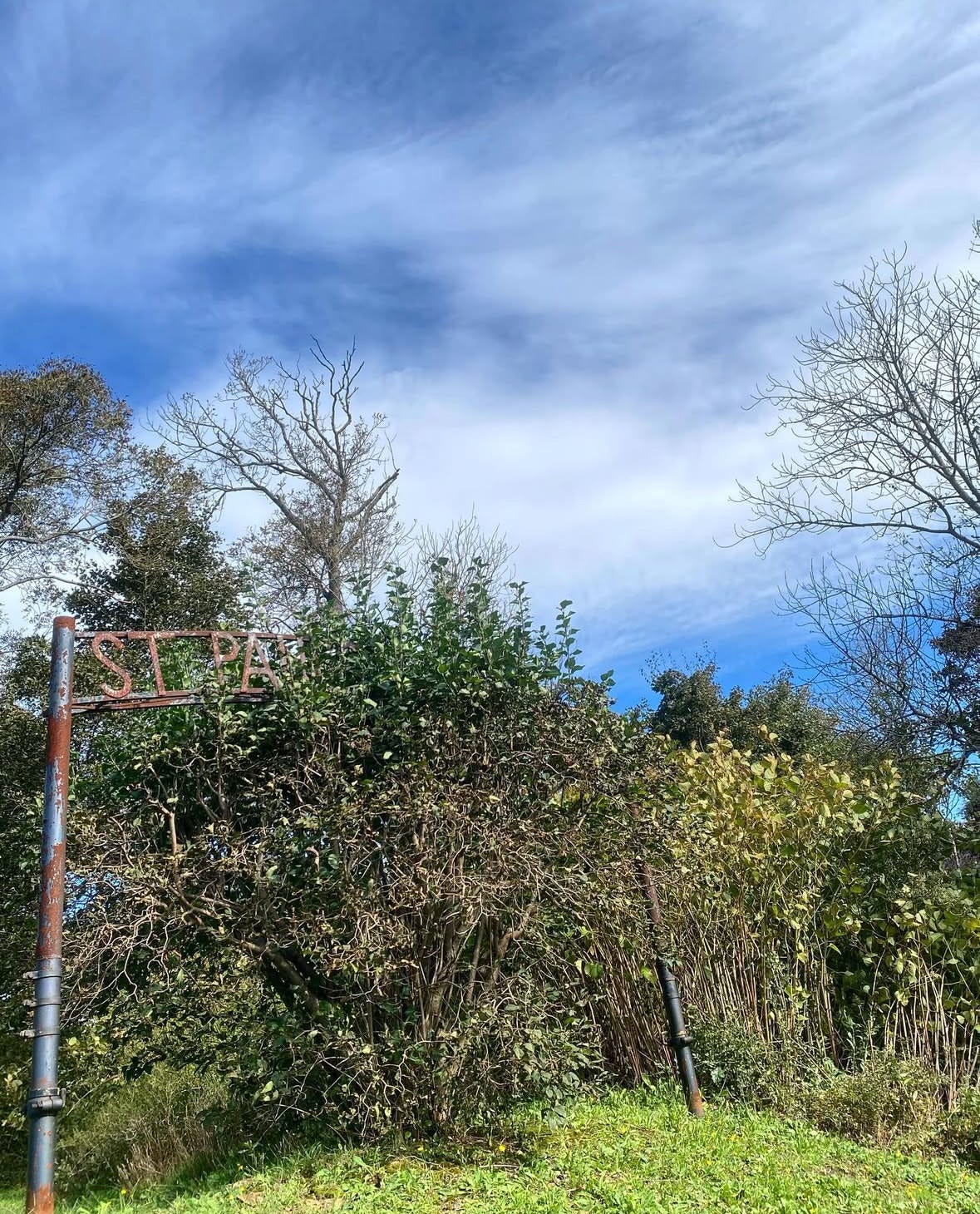Showing vs. telling
I’m still teaching theory, by the way—tracing Berlant’s influence. I can’t teach Cruel Optimism in a conventional way, but I can show you. Let’s be real: nobody will ever be on my wavelength again, I don’t think.
Berlant believed queer theory got too caught up in identity and normative politics, losing sight of sex and intimacy. I tend to agree. Identity is thorny, frustrating. You don’t see me out here claiming many labels, hey?
Berlant and Edelman (1998, p. 546) wrote: “The sex in ‘queer theory’ has been treated as a privatized possession, a secret, or a pathology, rather than as a mode of social practice.” Berlant later explored the embodied and affective dimensions of sex and sexual politics. I wish they were still alive.
I don’t claim to renaturalize queer theory—I’m not above identity-focused theorists—but I am among a handful of people working to re-eroticize what is roughly called queer theory. I do this while feeling out the edges of my own demi- identities, which I am disturbed to learn are considered on the asexual spectrum — that feels off. See: thorny identity. Lately, writing has been one of the few things that brings satisfaction. Pleasure, in a life mostly filled with friction and annoyance. Sometimes, I just have to write about that friction and annoyance and call it theory.
And writing is painful. When it’s good, when it works, there’s a feeling of overexposure. Of tipping my hand. Of making my vulnerabilities more pronounced. I write about my wavelength with the assumption that nobody will ever find me there. I am leaning into the idea that I might just have to be alone forever—or something like it. It is lonely and also expansive.
Regulation in authenticity. I can think of worse things than being alone forever. But I also can’t dwell too long on a lifetime of aloneness—it makes me feel tired and heavy. Enter: my ex’s hands, in all forms — violent and gentle. Shutdown comes next.
So, on one hand, all I can do is continue to live and write as myself. On the other, I have to remain constantly vigilant, aware of the ways my authenticity makes me vulnerable. The way my writing feels connective, but is actually brutally isolating.
Let’s not forget: I almost died before I left Winnipeg.

